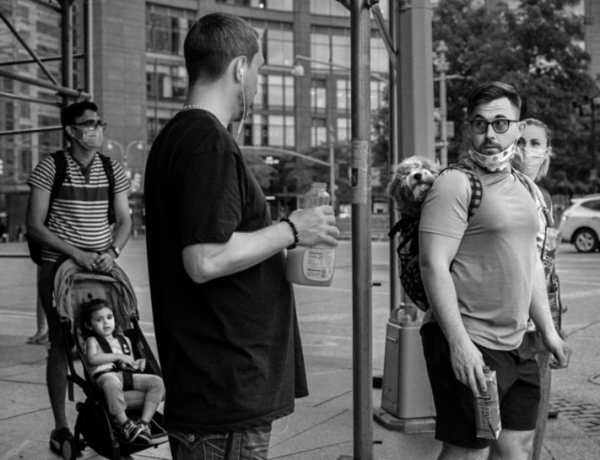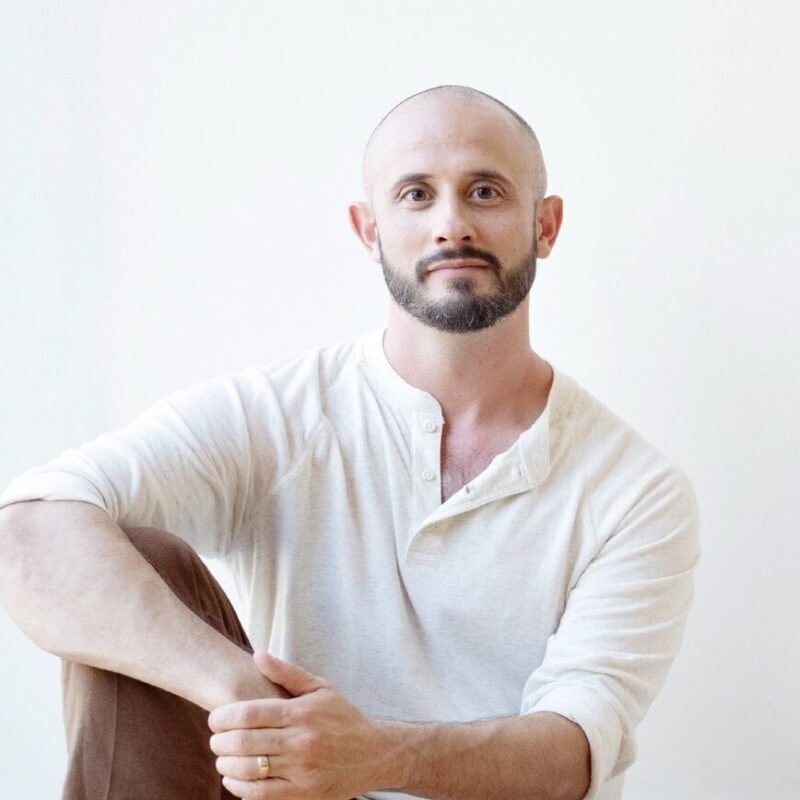As the school year begins amid a pandemic, many are concerned about the negative impact that virtual or socially distanced learning may have on children’s developing social skills.
But what about grown-ups? It seems adults deprived of consistent and varied peer contact can get just as clumsy at social interactions as inexperienced kids.
Research on prisoners, hermits, soldiers, astronauts, polar explorers and others who have spent extended periods in isolation indicates social skills are like muscles that atrophy from lack of use. People separated from society — by circumstance or by choice — report feeling more socially anxious, impulsive, awkward and intolerant when they return to normal life.
Psychologists and neuroscientists say something similar is happening to all of us now, thanks to the pandemic. We are subtly but inexorably losing our facility and agility in social situations — whether we are aware of it or not. The signs are everywhere: people oversharing on Zoom, overreacting to or misconstruing one another’s behavior, longing for but then not really enjoying contact with others.



